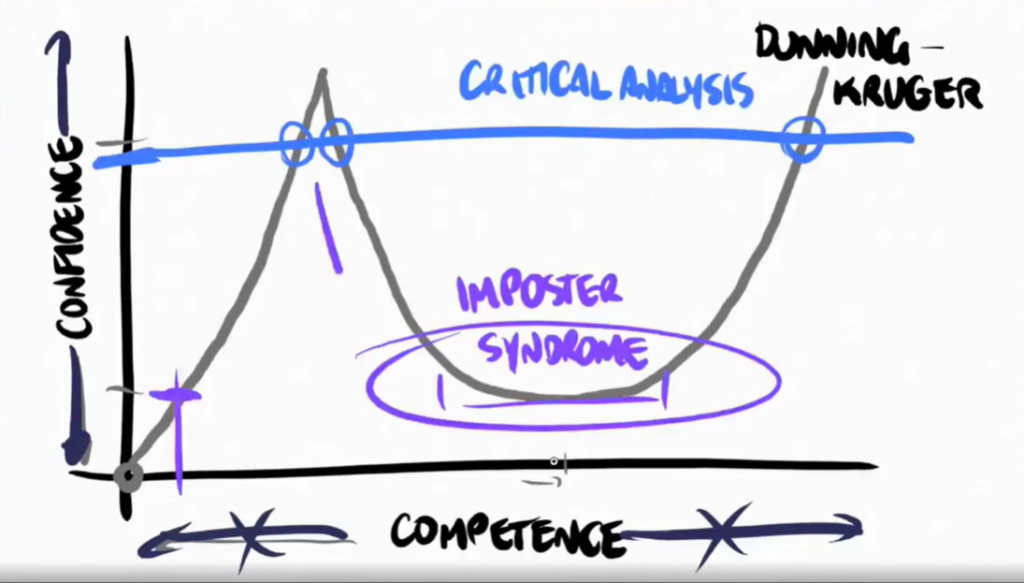As a SaaS company, you’re going to have issues retaining talent. One of the issues I want to tackle is the Dunning Kruger effect, how it manifests in development resources, and how you can manage it.
What is Dunning-Kruger Effect?
First off, let’s define what the Dunning-Kruger Effect is. Essentially, this happens when a person’s lack of expertise and skills in a certain area leads them to overestimate their competence.
It also leads to the opposite: a person’s expertise in a certain area leads them to underestimate their abilities.
You can refer to the image below to visualize how it works.

Confidence vs. Competence
The Dunning-Kruger effect starts when, say, a junior developer starts feeling extreme confidence about their work even though they still have a lot to learn. This doesn’t mean that they’re not competent enough for the task. However, their relative competence allows them to gain that initial feeling of confidence where they feel like they can do anything.

In reality, they might not be as competent as they believe they are. As they gain skills and experience, they start to realize this fact, and their confidence takes a dive. This leads to the second part of the curve.
Imposter Syndrome
As the junior developer transitions to being a middle or senior developer, he or she starts to realize that they still need to learn a lot. This may make them feel inadequate, which results in a lack of confidence.
This is the opposite extreme of the Dunning-Kruger effect, and it’s at this stage where imposter syndrome among competent individuals pops out. They start second-guessing their decisions and struggle to decide what to do and not do.
This isn’t because they lack the skills. It’s because of their experience — it has taught them that no matter how skilled they are, what they don’t know still exceeds what they currently know.

When your developer is deep in the imposter syndrome, he or she will question everything he does — I know I’m delivering something, but is it enough?
Enter the Mentor
As managers and development leads, how can we fix imposter syndrome among developers? How can we help them overcome their self-doubts?
The solution boils down to encouragement and mentorship. It’s about making your developers aware of their situation: that they are low in confidence, and that their lack of further knowledge doesn’t mean their work isn’t good enough.
The two easiest ways to go about this are:
- Assigning a Mentor: Provide them with other higher-level developers who can make them aware of their skills.
- Offering further training: provide ample training and show them what they still have to learn.
Remember, though, that this part can take many years. Not all developers can overcome imposter syndrome overnight. Some go through it faster than others.

On top of that, people with imposter syndrome often don’t seek help because they’re afraid to be exposed as a fraud. People like them because they think they’re smart, but what if opening up about their doubts leads others to doubt them, too?
The Role of a Leader
As a leader or manager, you must know where your developers are in the curve.
Do they have confidence but lack competence?
Do they lack confidence but have the right skills?
Figuring this out will tell you the right kind of support they need.

The best developers are usually the ones who can learn with you. The earlier you pick them up in this process, the faster they can move on to having the right confidence proportionate to their competence.
The Bottom Line
When you back the developer up at the right time, they’ll stay with you in the long run. Other developers overcome the Dunning-Kruger and imposter syndrome phases and decide to leave you. However, if you’re a good company and you try to support your developers as much as you can, you’ll have enough resources with you.





